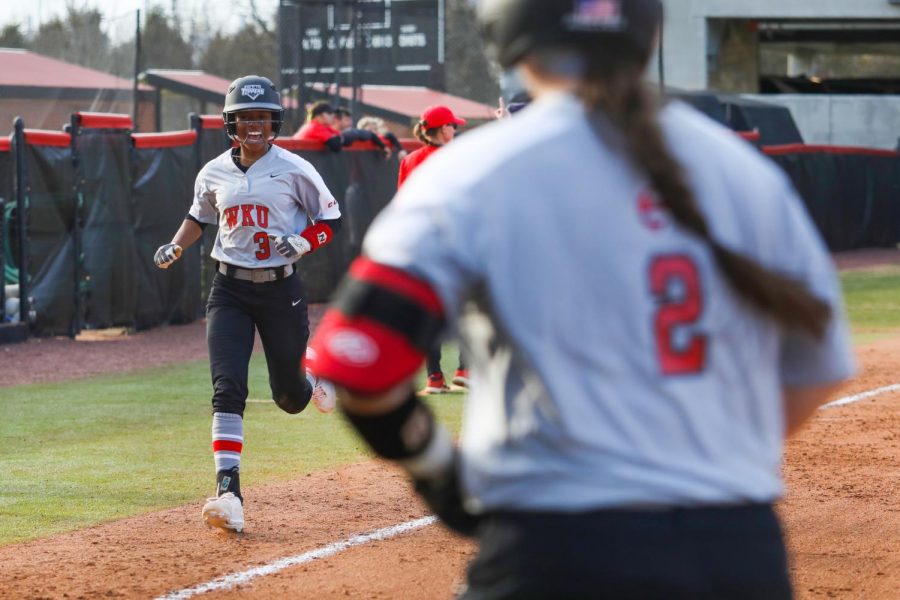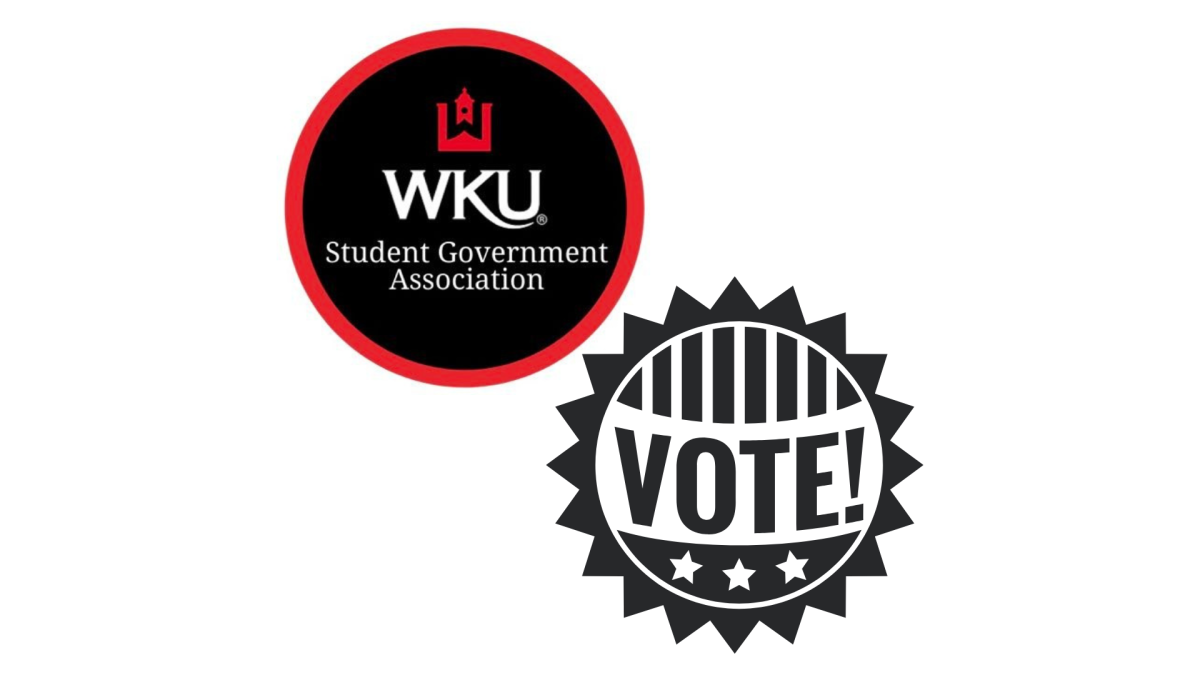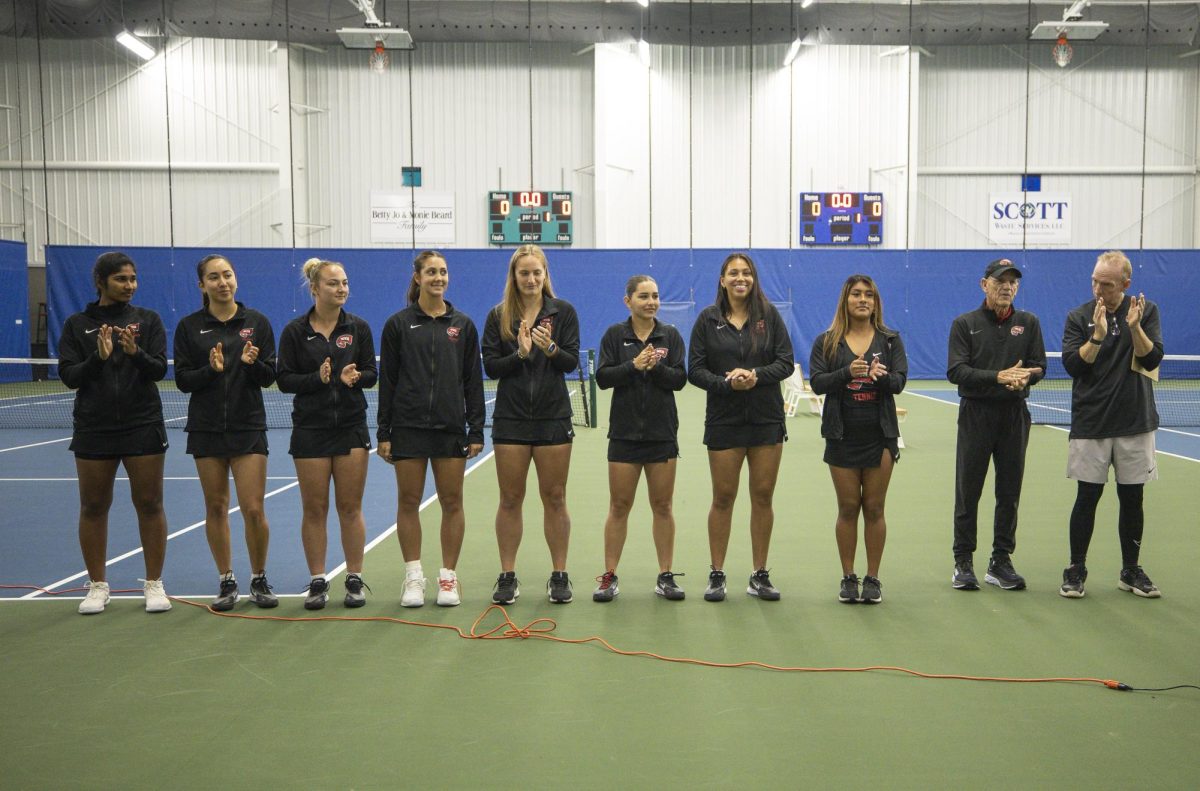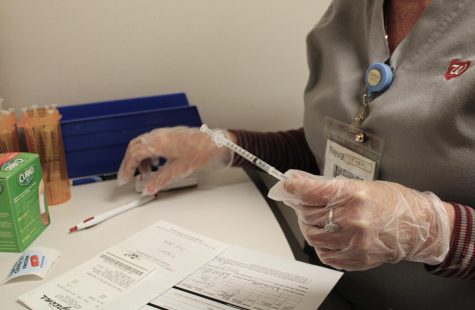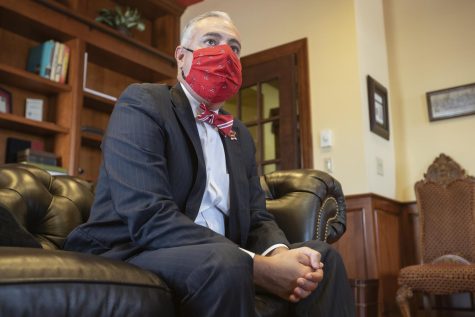NCAA grants spring sport athletes an extra season of eligibility; winter sport athletes unaffected
March 31, 2020
The NCAA Division I Council voted Monday to allow member schools to provide spring-sport student-athletes a blanket extension of intercollegiate athletics eligibility, meaning those who lost a season due to the COVID-19 pandemic will gain an extra year of competition.
Baseball, softball, tennis, men’s and women’s track and field and men’s and women’s golf are the WKU programs with student-athletes that will be awarded an additional year of eligibility.
As previously reported, the Division I Council Coordination Committee agreed March 13 that eligibility relief would be appropriate for spring sports impacted by the coronavirus.
Monday’s announcement didn’t guarantee financial aid for student-athletes who had their seasons shortened by the coronavirus outbreak, but it did mention that roster limits will be adjusted to fit returning athletes along with incoming freshmen.
“The Council’s decision gives individual schools the flexibility to make decisions at a campus level,” Council chair M. Grace Calhoun, athletics director at Penn, said in a release. “The Board of Governors encouraged conferences and schools to take action in the best interest of student-athletes and their communities, and now schools have the opportunity to do that.”
On the opposite end of the spectrum, the NCAA confirmed that winter sports weren’t included in the decision because “council members declined to extend eligibility for student-athletes in sports where all or much of their regular seasons were completed.”
The WKU men’s and women’s basketball programs fall under the winter sports category. Both the Hilltoppers and Lady Toppers were stripped of their ability to compete in conference or NCAA tournament events, but no players will recoup any collegiate eligibility.
Both programs were in Frisco, Texas, for the Conference USA Tournament when the COVID-19 pandemic suddenly canceled the postseason. Head coaches Rick Stansbury and Greg Collins both agreed their players deserved more eligibility, but the NCAA decided against it.
Spring sports were barely underway when C-USA suspended all spring sport competition on March 12 and cancelled all spring sport competition and championships just days later.
WKU baseball and softball each played no more than 25 games. WKU softball had started conference play, while Hilltopper baseball never had the opportunity for C-USA play.
All WKU Athletics events for the duration of the spring semester were canceled on March 19, and now those student-athletes whose seasons ended abruptly have an extra year to play on the Hill.
Prior to this ruling, Division I rules limited student-athletes to four seasons of competition in a five-year period. Schools can self-apply waivers to restore one of those seasons of competition for student-athletes who had competed while eligible in the spring 2020 campaign.
The NCAA will also allow schools to self-apply a one-year extension of eligibility for spring-sport student-athletes, effectively extending each student’s five-year “clock” by a year.
While making this landmark move, council members adjusted financial aid rules, allowing teams to carry more members on scholarship to account for incoming recruits and student-athletes who had been in their last year of eligibility who might now decide to stay.
The NCAA also increased the roster limit in baseball for student-athletes impacted by the COVID-19 pandemic, the only spring sport with such a limit.
The council also provided schools with the flexibility to give students the opportunity to return for 2020-21 without requiring that athletics aid be provided at the same level awarded for 2019-20, but the rule applies only to student-athletes who would have exhausted eligibility in 2019-20.
Additionally, schools will have the ability to use the NCAA’s Student Assistance Fund to pay for scholarships for students who take advantage of the additional eligibility flexibility in 2020-21.
Reporter Nick Kieser can be reached at [email protected]. Follow Nick on Twitter at @KieserNick.


